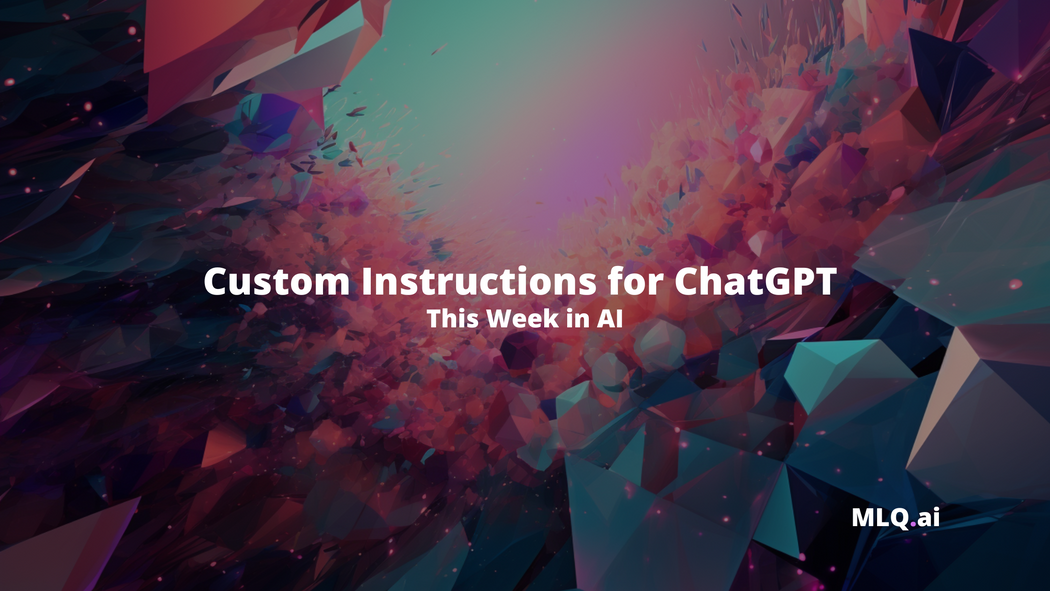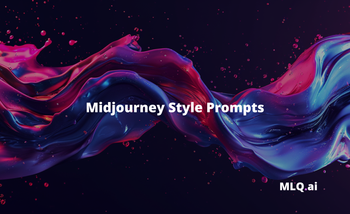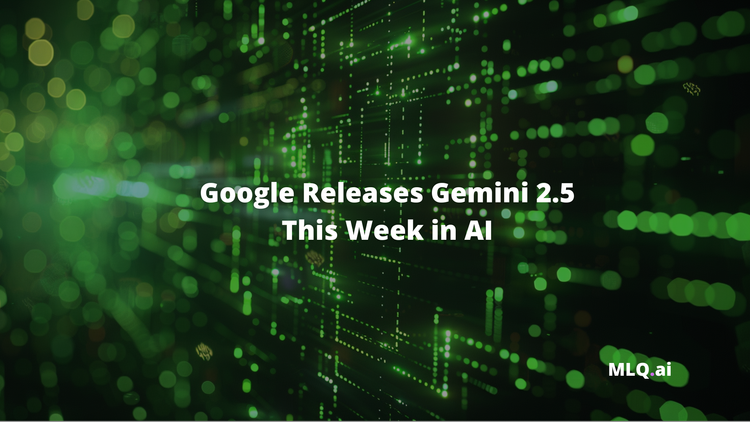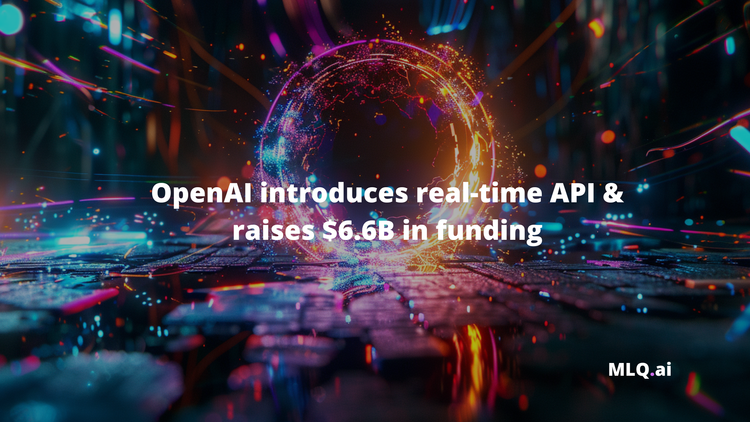Welcome to This Week in AI, a roundup of the most relevant and trending stories in the AI industry.
This week, we have stories on ChatGPT’s new custom instructions, Stability AI’s FreeWilly language model, and another tech giant gets into the generative AI game.
- OpenAI releases custom instructions for ChatGPT
- Stability AI releases new FreeWilly language model
- Amazon’s AWS launches its generative AI scribe for doctors
OpenAI Introduces Custom Instructions for ChatGPT
Another week, another update from OpenAI for its industry-leading language model, ChatGPT. OpenAI recently launched the Code Interpreter plug-in which acts as a junior developer that can run code and support for data analysis of tasks and projects.
This week, OpenAI introduced custom instructions for ChatGPT users which provides greater control over the program’s outputs. Not only do you have more customization around inputs, but ChatGPT will also remember them for future inquiries and conversations.
With the new Custom Instructions: this works in ChatGPT.
— Jeremy Nguyen ✍🏼 🚢 (@JeremyNguyenPhD) July 21, 2023
(Results in the comments). pic.twitter.com/UKY2RGD1X6
Prompt engineering has been a popular topic since the introduction of mainstream language models. The ability to improve your inputs to receive higher-quality outputs has been a key to utilizing ChatGPT to its full potential.
Now, with custom instructions, ChatGPT will be able to learn and retain more knowledge than ever before.
The beta test will only be in the paid version of ChatGPT at first. The data was taken from conversations with users in over 22 different countries providing a strong test group with a wide variety of cultural nuances.
Information that ChatGPT can retain will be simple at first. For example, OpenAI provided three examples during its release:
- A third-grade teacher creating a lesson plan will not have to keep repeating that they teach the third grade
- A family shopping list will forever take into account how many members you have in the household until that changes
- A developer that prefers language code in a language other than Python will only have to say this once
As OpenAI continues to build out the robustness of ChatGPT’s custom instructions, it will continue to gather instructions from users. If you do not wish your instructions to be used, you can specify this in ChatGPT’s data controls.
Key Points
- OpenAI released a more robust custom instructions update for ChatGPT
- ChatGPT can remember specific things like the number of people in a household or a specific language of coding to provide responses in
- The update will only be launched in the paid version of ChatGPT at first
damn i love custom instructions pic.twitter.com/su0BlttJF7
— Sam Altman (@sama) July 22, 2023
Learn more:

Stability AI Introduces New FreeWilly Language Model
The competition is heating up in the large language model market that has so far been dominated by ChatGPT. This week, Stability AI introduced two new large language models: FreeWilly 1 and FreeWilly 2. At this point, both are research projects and are not considered to be anything other than an experiment by the company.
If you are wondering why Stability AI released two versions, it’s a little more complicated than it first seems. FreeWilly 1 uses the LLaMA 65B foundation model and was fine-tuned in the standard Alpaca format, according to the release. FreeWilly 2 will leverage the LLaMA 2 70B foundation and according to Stability AI, its performance will rival that of ChatGPT-3.5. As you can see, both will utilize Meta Platforms’ LLaMA as a foundation.
The platforms are available via a non-commercial license from Stability AI and are meant to be used to further AI research and not for monetization. For those wondering about the humorous names, they are a play on the Orca AI training process that has been developed by Microsoft.
Learn more:
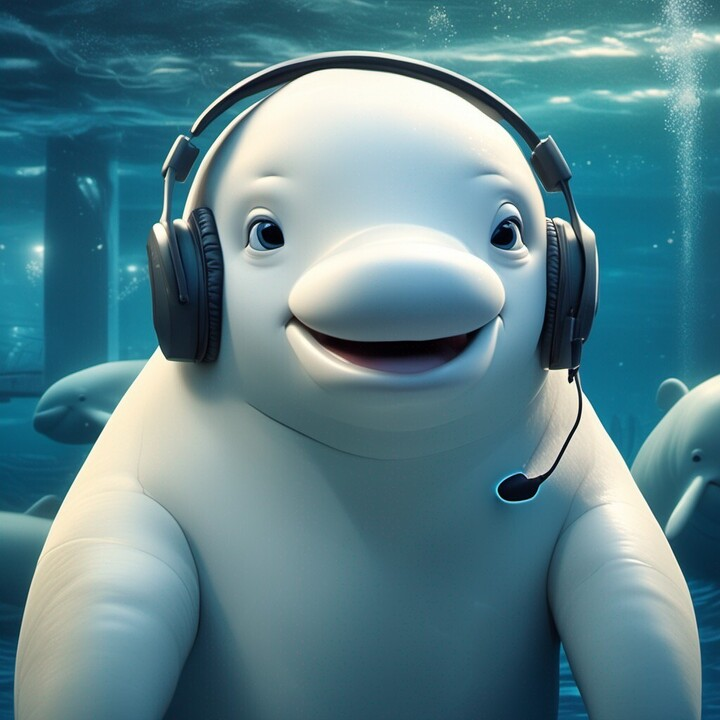
Amazon Releases Generative AI Model for Doctors
Amazon is the latest big tech company to jump head-first into the generative AI game with its new AI Scribe for doctors. Not to be confused with the company’s Amazon Health division, this is a release from AWS which is designed to cut down on the amount of notes that doctors have to take.
AWS Healthscribe, as it is currently being called, is a transcription platform that can help to summarize conversations and enter medical information into data systems and electronic health records. The idea is that the system would be able to handle this scribe work for doctors, leaving them with less work to do at the end of their day.
One of the first customers is 3M which is one of the largest suppliers of medical devices and equipment in the world. Apart from the data entry, it can also provide responses to prompts by generating text, audio, and synthetic data. Overall, it seems that it will be able to provide comparable features to OpenAI’s ChatGPT.
Learn more:

That's it for this edition of This Week in AI, if you were forwarded this newsletter and would like to receive it you can signup below.

